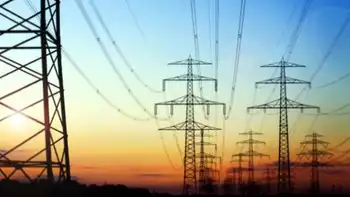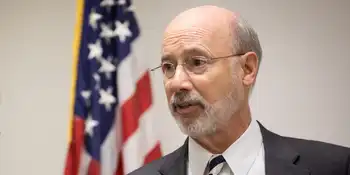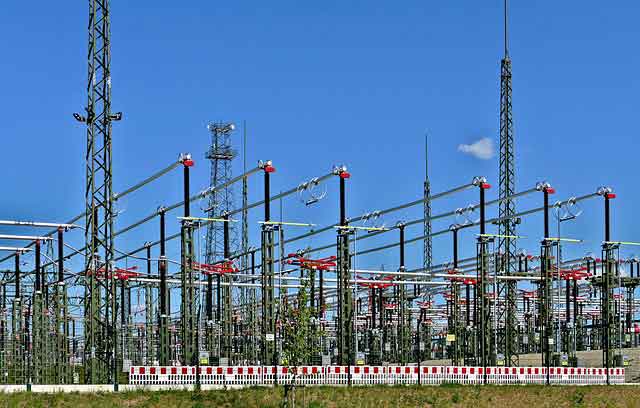Maryland utility awarded federal smart grid grant
By Associated Press
Substation Relay Protection Training
Our customized live online or in‑person group training can be delivered to your staff at your location.

- Live Online
- 12 hours Instructor-led
- Group Training Available
Customers will know how much power they are using and how much it is costing them. And even when they are not looking, the meters will be able to talk with smart thermostats and devices designed to lower use during hot summer afternoons when demand and prices are highest.
BGE, a subsidiary of Constellation Energy Group, won't have to read the meters anymore; they will automatically report how much energy is being used. And if the power goes out, that will automatically be reported.
The new technology is part of an initiative to lessen the strain on an increasingly burdened electrical grid. The effort got a boost from a $200 million federal grant announced by President Obama. It's part of $3.4 billion package of grants to 100 projects aimed at modernizing the nation's power grid. The BGE project received the maximum $200 million allowed under the stimulus program.
Pepco, meanwhile, received $168 million in grants for efforts in the Washington area and at its Atlantic City Electric utility in New Jersey, spokesman Robert Dobkin said.
BGE tested the smart meters and found customers cut use up to 37 percent during peak periods. The average customer saved about $115 a month during the summer months, said Mark Case, senior vice president of strategy and regulatory affairs for BGE.
"So, there were very significant savings for making in what in most cases were very modest changes," Case said.
Steps customers can take to cut usage can range from simple things like lowering the thermostat three degrees and shutting off lights to using load-controllers that allow major appliances such as air conditioning compressors to be turned off for short periods during peak demand hours.
BGE now hopes that after the program wins approval from state regulators and is rolled out system-wide over the next three years, the savings will amount to 500 megawatts on those peak demand days. That would equal the amount generated by a large power plant without having to build the plant and the power lines, or burn the fuel.
When customers get more information about how much power is costing them and how much they are using, "they made wise decisions, and that's pretty exciting," said Kenneth DeFontes Jr., BGE's president and CEO.
Customers will pay a surcharge for the rollout, but the federal grant will ease that cost, DeFontes said. He said the surcharge and the offset haven't been determined yet.
Energy reductions made by using the devices will also allow the company to sell that capacity on the wholesale market, generating rebates for customers, Case said.











